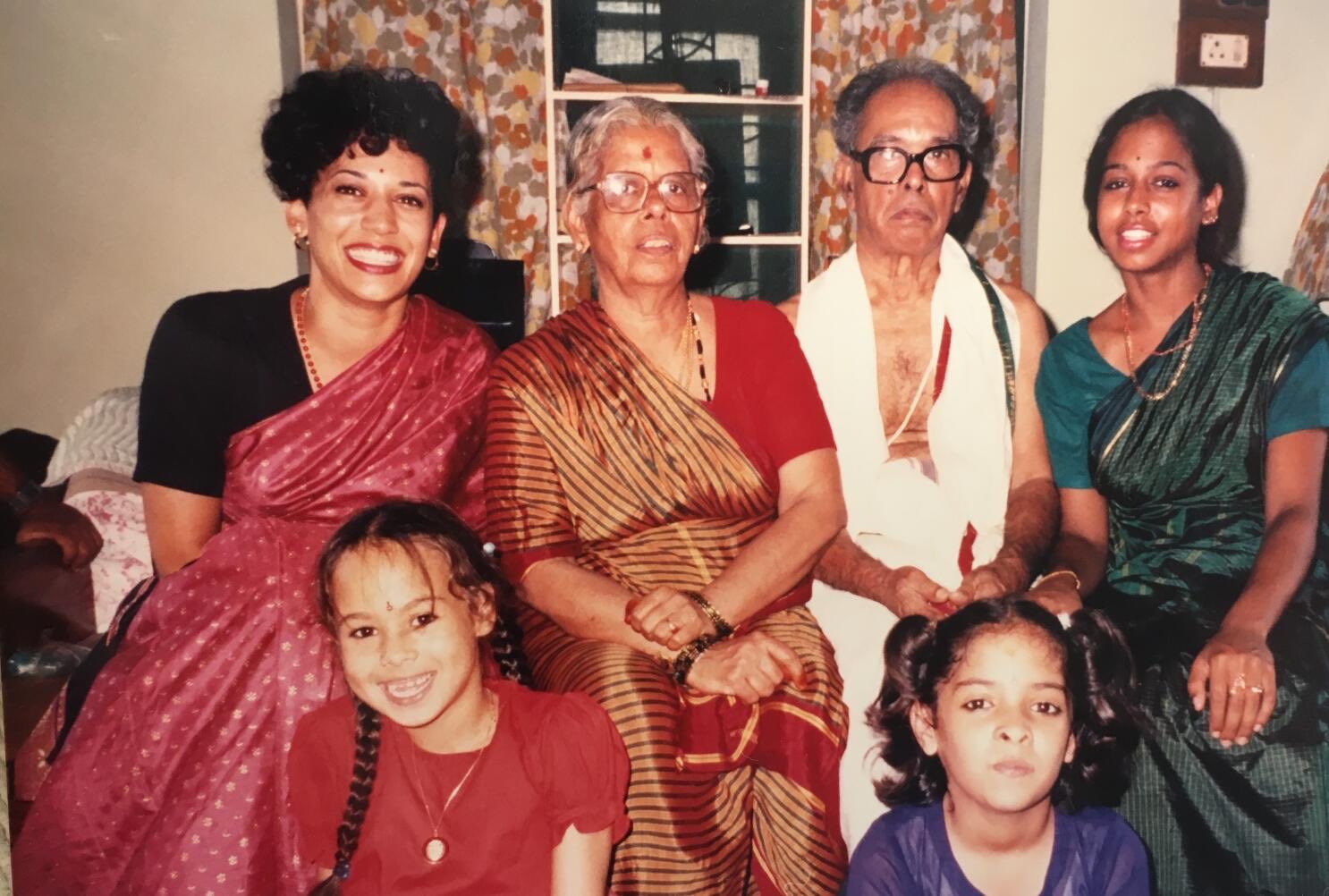WASHINGTON, D.C. — Vice President Kamala Harris on Monday shared memories of celebrating Kwanzaa during her childhood, recounting family gatherings and reflections on the holiday’s seven principles, including her favorite, self-determination. The remarks came as part of her message to Americans celebrating the holiday, which runs from December 26 to January 1.
“My sister and I, we grew up celebrating Kwanzaa,” Harris said. “Every year, our family and our extended family, we would gather around across multiple generations, and we’d tell stories. The kids would sit on the carpet, and the elders would sit in chairs, and we would light the candles, and of course, afterwards, have a beautiful meal.” She added that the principle of self-determination, or Kujichagulia, continues to inspire her work today.
Kwanzaa, a weeklong celebration of African-American culture and heritage, was founded in 1966 by Maulana Karenga, a professor of Africana Studies at California State University, Long Beach. Karenga introduced the holiday to promote cultural unity through seven core principles, including unity, collective work, and responsibility.
However, Karenga’s controversial past has drawn scrutiny over the years. In 1971, he was convicted of felony assault and false imprisonment stemming from charges that he kidnapped and tortured two women. According to testimony published in the Los Angeles Times, Karenga and others subjected the women to violent acts, including beatings and burns, over suspicions they were conspiring against him. Karenga denied the accusations, describing himself as a political prisoner, and he was paroled in 1975.
Harris’s remarks reflect her broader effort to connect with diverse communities through cultural observances. Despite Kwanzaa’s polarizing history, it remains a significant holiday for many families across the United States, who use it as a time to honor African-American traditions and values.

